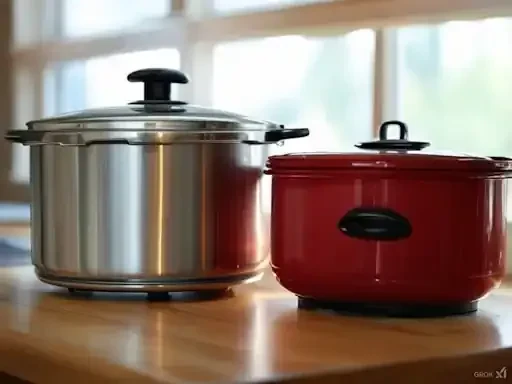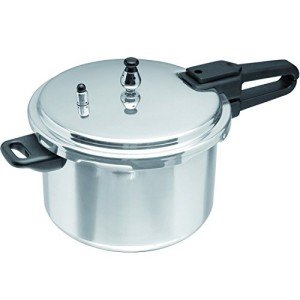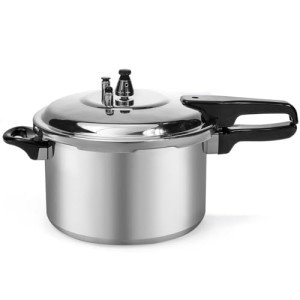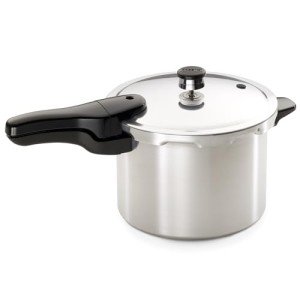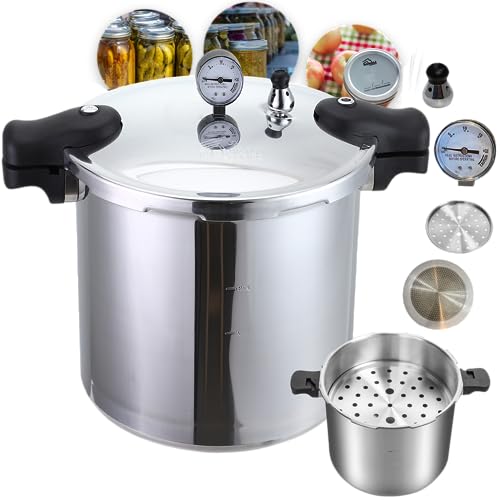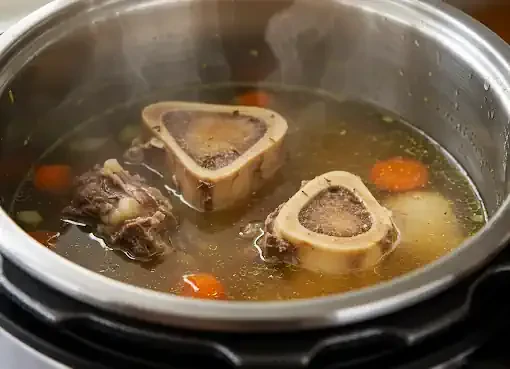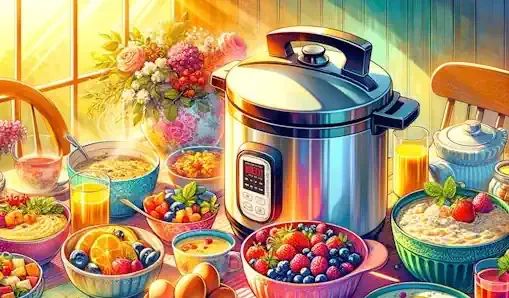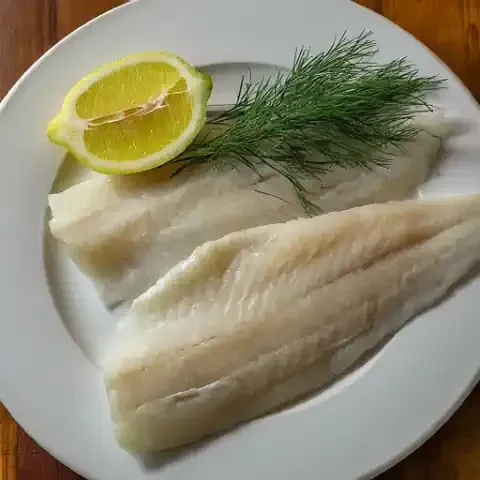In the day of modern cooking, two appliances have been gaining immense popularity for their ability to transform ingredients into delicious meals with minimal effort: the pressure cooker and the slow cooker. Both devices offer unique advantages, but they cater to different cooking styles and culinary preferences. In this article, we'll explore the differences between pressure cookers and slow cookers to help you determine which one suits your cooking style.
The Need for Speed: Pressure Cooker
When it comes to speed and efficiency in the kitchen, the pressure cooker takes the lead. Pressure cookers work by trapping steam inside a sealed pot, which raises the internal temperature and pressure, cooking food faster than traditional methods. This rapid cooking process makes them an excellent choice for busy individuals or families who want a homemade meal on the table in record time.
One of the key advantages of pressure cookers is their ability to tenderize tough cuts of meat quickly. In just a fraction of the time it would take in a conventional oven or stovetop pot, you can transform a piece of beef, pork, or chicken into melt-in-your-mouth perfection. This feature is particularly appealing for those who love hearty stews, braised dishes, and curries.
Pressure cookers are also versatile. You can use them to prepare a wide range of dishes, from soups and risottos to pasta and even desserts. The pressure cooking method preserves flavors and nutrients, resulting in dishes that taste as if they've been simmering for hours, even if you only spent a fraction of that time in the kitchen.
However, there are a few considerations to keep in mind when using a pressure cooker. First, you need to be mindful of safety, as the high pressure and steam can be hazardous if not handled correctly. Most modern pressure cookers come with safety features to minimize risks, but it's essential to follow the manufacturer's instructions carefully.
Second, the speed of a pressure cooker can sometimes lead to overcooking or mushy textures if you're not careful with your cooking times and pressure settings. It may take some trial and error to master the art of pressure cooking, but once you do, the results are well worth it.
Low and Slow: Slow Cooker
On the other side of the culinary spectrum, we have the slow cooker, also known as the Crock-Pot. This kitchen appliance takes a leisurely approach to cooking, simmering ingredients at a low and consistent temperature over several hours. If you're someone who appreciates the set-it-and-forget-it approach to meal preparation, the slow cooker may be your ideal kitchen companion.
The slow cooker is perfect for dishes that benefit from long, gentle cooking, such as stews, roasts, and chili. It's also an excellent tool for busy individuals who want to come home to a hot, ready-to-eat meal after a long day at work. Just throw your ingredients into the pot in the morning, set the timer, and return to a fragrant, perfectly cooked meal in the evening.
One of the standout features of the slow cooker is its ability to infuse flavors deeply into your dishes. The extended cooking time allows herbs, spices, and other ingredients to meld together, creating rich and complex flavors. If you love meals that are full of depth and aroma, the slow cooker can deliver on that front.
Another advantage of slow cookers is their versatility. While they excel at savory dishes, they can also be used to make desserts like puddings, cobblers, and even cakes. Slow cookers are known for being energy-efficient, as they use less electricity compared to most other cooking appliances, making them an eco-friendly choice.
However, the slow cooker's leisurely pace may not be suitable for those who need dinner on the table quickly or those who prefer a more hands-on approach to cooking. Additionally, the long cooking times can sometimes result in overcooked vegetables if you're not careful with your ingredient choices and timing.
Making Your Choice
So, which one suits your cooking style? The decision ultimately depends on your culinary preferences, lifestyle, and cooking habits.
Choose a pressure cooker if you:
Want to cook meals quickly, saving time and energy.
Enjoy the convenience of one-pot cooking.
Like tenderizing tough cuts of meat in minutes.
Prefer the versatility to make a wide range of dishes.
Choose a slow cooker if you:
Appreciate the ease of "set it and forget it" cooking.
Love dishes with deep, melded flavors.
Need the convenience of a hot, ready meal at the end of the day.
Want to conserve energy while cooking.
Both pressure cookers and slow cookers have their unique strengths and advantages. Your choice should align with your cooking style, time constraints, and the types of dishes you enjoy preparing. Ultimately, both appliances can be valuable additions to your kitchen, offering a world of culinary possibilities.
